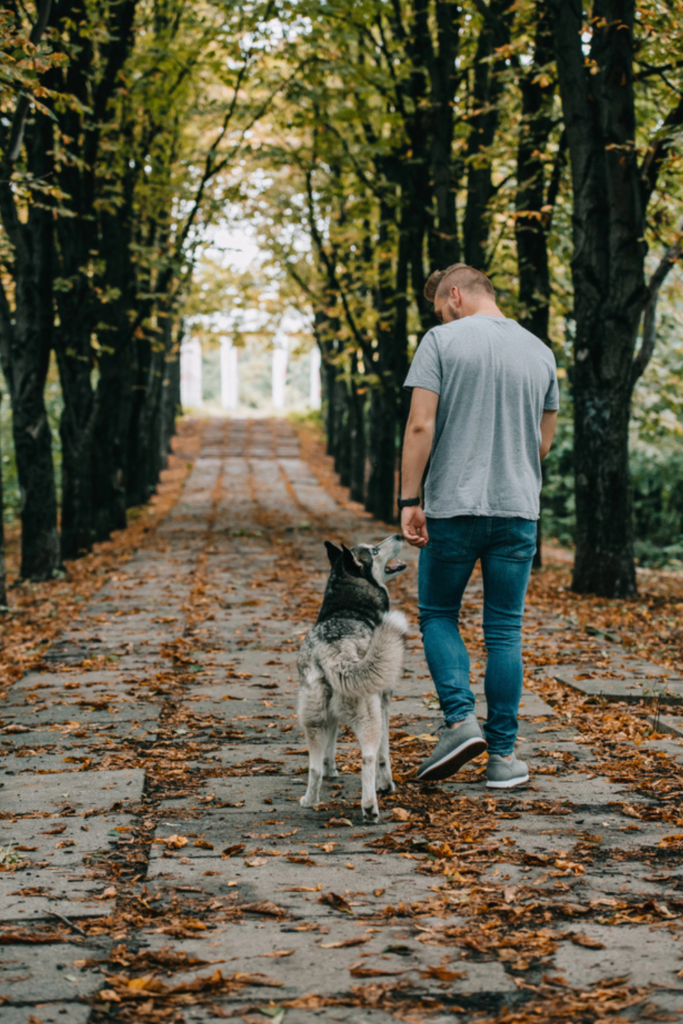
If you’re going to do a lean bulk, please know what you’re doing. Too many people focus on gaining weight as quickly as possible, but they’re not thinking about maintaining leanness.
Dirty bulking is never a good idea. It can throw off your aesthetic and even comprise your health to a large degree.
This article is all about how to do a proper lean and what your top priorities are.
1. Strength Training
Strength training without a doubt is priority no.1 on a lean bulking program. Majority of muscle growth as an advanced lifter is tied back to strength gains.
You need a workout routine that mixes both intensity and volume.
The goal is to get progressively stronger on key compound exercises such as:
- Bench press
- Squats
- Overhead press
- Deadlifts
- Weighted Chin-ups/pull ups
- Weighted dips
These are most of your main lifts. Of course, you will also have some isolation exercises and other compound movements you do for high volume. However, your routine needs to stress compound movements.
The first part of your workout should focus on intensity/strength. The second part of your workout should focus on volume/hypertrophy.
If you need a resource on how to structure your workouts, read this article The Best Number of Exercises, Sets, and Reps Per Workout.
If you want to know the best style of training for natural lifters, check out this article How to do Reverse Pyramid Training.
2. Caloric Surplus

A calorie surplus is priority no.2 for lean bulking. We know building muscle in a caloric deficit is possible especially as a new lifter.
However, if fat loss is not the goal for you right now, then it would be beneficial to eat in a surplus to maximize strength and muscle growth.
For most lifters a 200-calorie daily surplus is sufficient for lean bulking. Anything beyond that will not result in faster muscle growth.
Building muscle as a natural is a slow process. You can gain fat at a faster rate than you can gain muscle, which is why large caloric surpluses don’t make sense.
There are cases where a 300-500-calorie surplus may be needed to gain weight and muscle.
This only applies to the small segment of the population that has very fast metabolisms.
For people with average genetics, a 200-calorie surplus is good enough to bulk with minimal or no fat gain.
For instance, if your maintenance calories are 2,500 a day, you would increase to 2,700 if you wanted to do a lean bulk.
The Weekly Calorie Surplus
The weekly surplus is more important than the daily surplus. Most people lean bulking should be in a 1,400-calorie weekly surplus.
If you’re a hard gainer that requires more calories to gain weight than you should be in a 2,100 – 3,500 calorie weekly surplus.
If you have some days where your calories are a little low or a little high, that is fine. Just make sure by the end of the week they balance out.
3. Adequate Protein Consumption
Protein is no.3 on this list. On a lean bulk, you can get away with 0.6 to 0.7 grams of protein per pound of bodyweight.
You may have heard protein intake is not as important on a cut as it is a bulk.
That is correct, but why is that?
Protein is spared by carbohydrates. The body won’t break down muscle in a caloric surplus.
In other words, you can still repair and build new muscle tissue even if you’re consuming less protein compared to when you were in a fat loss phase.
The extra calories from carbs would help fuel muscle growth.
4. Continue to Eat Healthy Foods
You should still be eating predominately healthy foods even though you’re bulking.
Too many people make the mistake of just eating recklessly because they are intentionally trying to gain weight.
Health is always a high priority. Having more calories to work with allows you to take in more micronutrients.
You defiantly want to capitalize on micronutrients when you’re in a calorie surplus, especially from fruits and vegetables.
You probably couldn’t get a sufficient amount of fruit and vegetables in your diet when you were cutting.
For some people, they keep calories so low and protein so high that they don’t get enough fruit and veggies in their diets.
It is not conducive for long-term health to be deficient in micronutrients. Yes, macro-nutrients are important, but micronutrients are arguably more important.
Can you have some junk when you’re lean bulking? The answer is yes.
Can you have some junk everyday when you’re lean bulking? Of course you can. However, the 80/20 rule still applies.
80 percent of your daily calories should come from nutrient-rich whole foods. The other 20 percent can come from pleasurable junk you enjoy.
5. Get More Sleep
Tip number 5 is a big one. You need to sleep more. New research shows that sleeping is just as effective for building muscle as taking steroids.
When you sleep you give the body time to repair and rebuild. Hormones would also function better.
The consequences of not getting adequate sleep can be bad for your physique development.
Your hormonal health could decline, and you can gain significantly more fat than muscle in a caloric surplus.
7-9 hours of sleep per night is ideal.
You may need to establish new behaviors that will force you to get more sleep.
- Maybe stay off electronics an hour before bed.
- Maybe stay off social media an hour before bed.
- Cutting off caffeine early in the day can help
- Drinking caffeine-free tea at night can also help.
Please don’t undervalue sleep.
6. Stay Active

Even though you’re bulking, you should still maintain daily activity. This doesn’t mean lift weights every day.
This means maintaining some kind of low intensity activity for a cumulative total of at least 60 minutes per day.
This can be:
- Playing leisure sports
- Walking
- Partner Dancing
- Yoga
- Boxing
It’s especially important to maintain a high step count. If you were walking 8,000 to 12,000 steps a day when you were cutting, you should continue to do so when bulking.
Reason being, walking is going to minimize fat gain in a caloric surplus. That way, most of the surplus calories go to muscle building.
It’s possible that all the surplus calories go to muscle building, and you might even drop a little bit of fat.
How Long Should You Lean Bulk for?
The length of your lean bulk is dependent on much new muscle tissue you want to build. As a natural lifter, you can only build 2 pounds of new muscle per month.
So if you want to add 12 pounds of new muscle, you need to be in a caloric surplus for at least 6 months.
Remember to make sure your strength on key exercises is going up significantly.
Conclusion
Basically, the only difference between cutting and bulking is caloric intake. When you’re bulking, you are eating slightly above maintenance to better build lean muscle tissue.
You are also increasing calories from carbs and fats.
Everything else should be the same as when you were cutting.
- Strength Training should remain the same.
- Protein should be sufficient.
- Prioritizing healthy food is the same.
- Sleep remains the same.
- Daily activity remains the same.
The idea is not to gain weight quickly. You want slow weight gain, that way the weight you’re gaining is pure muscle mass.
